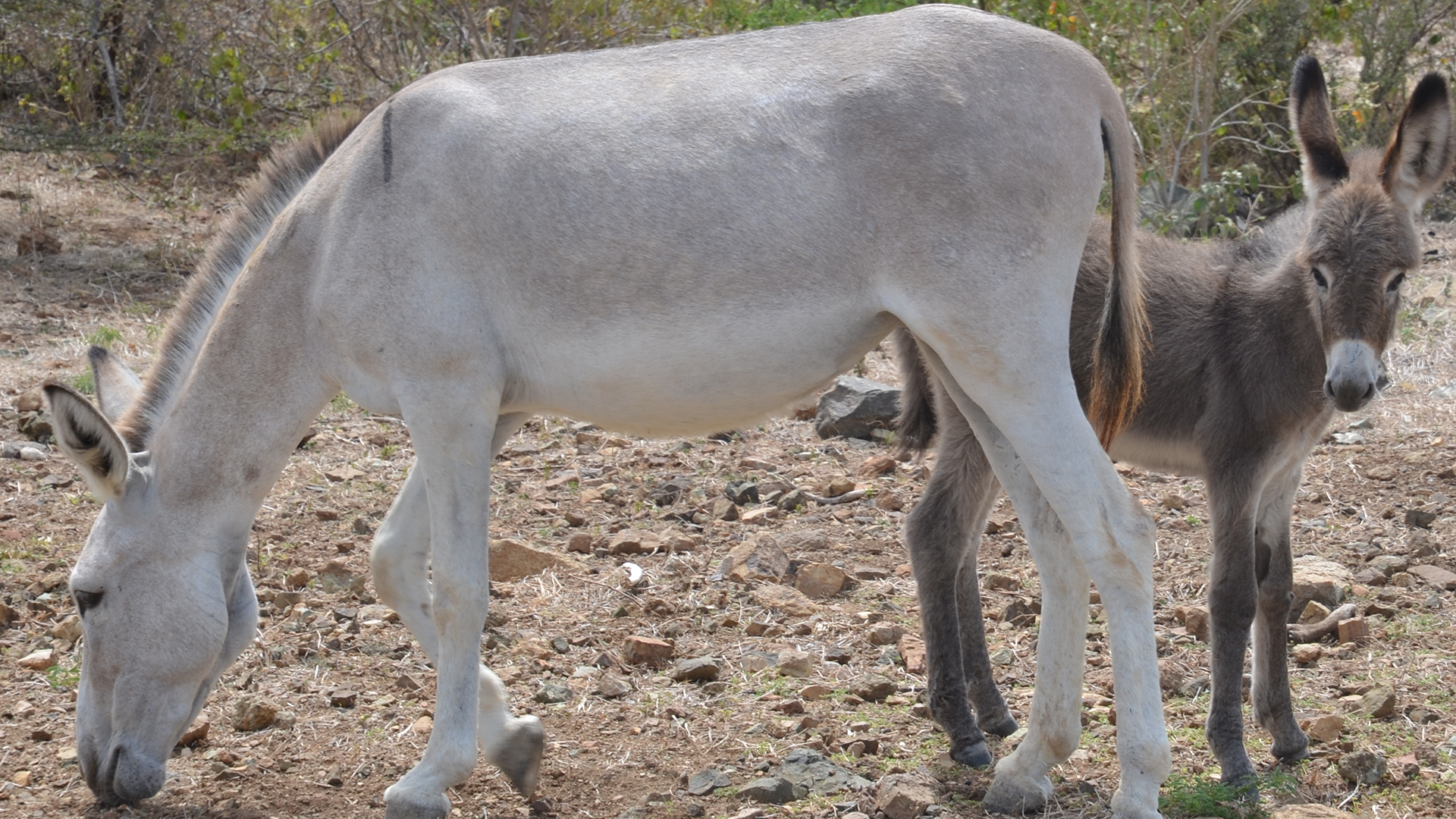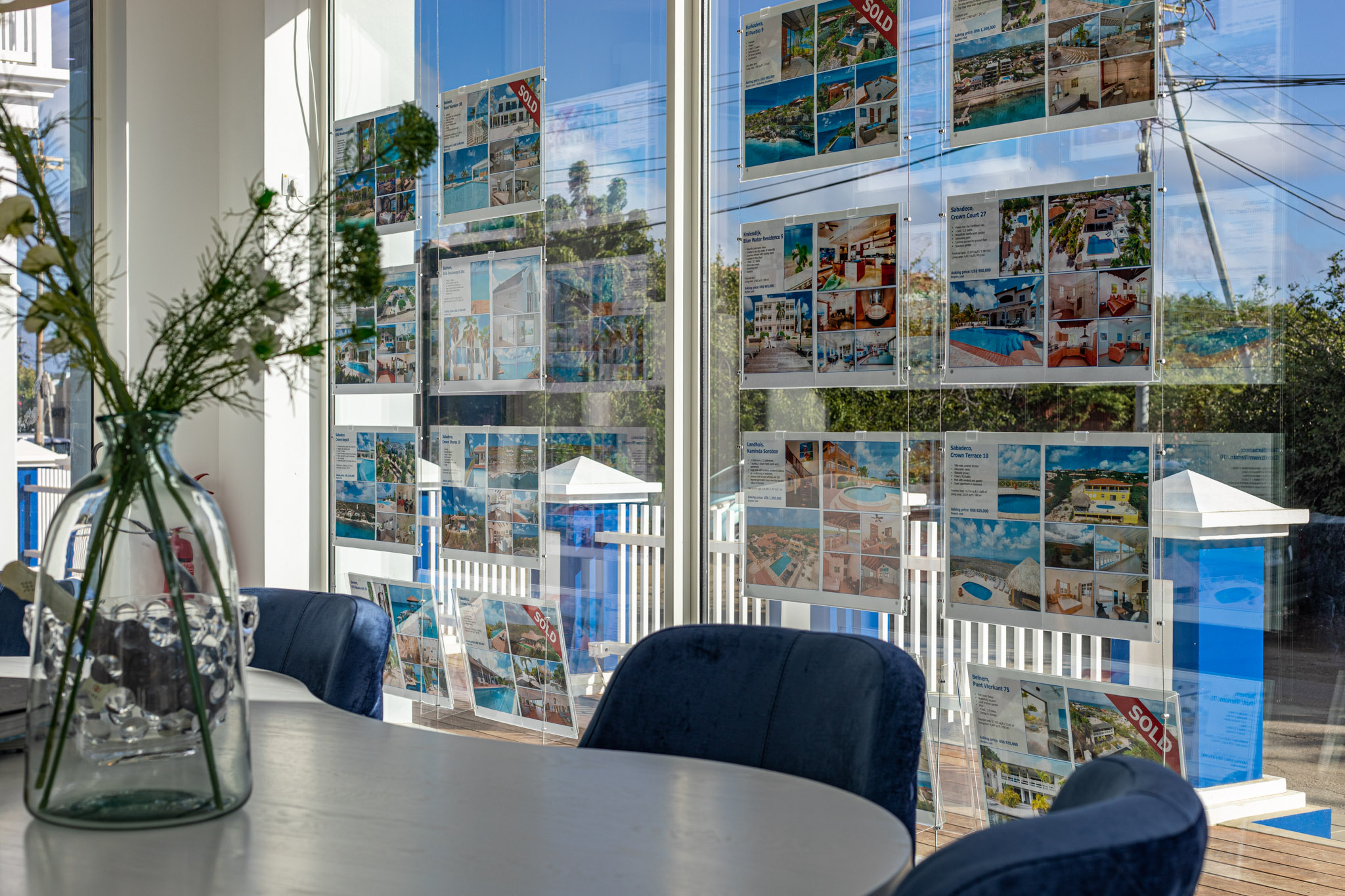Special Entity
Until 10-10-2010 Bonaire has been one of the islands of The Netherlands Antilles, which consisted of Curacao, Bonaire, Saba, St. Maarten and St. Eustatius. Aruba, while still an entity with a special status in the Kingdom of The Netherlands, was not part of the Netherlands Antilles. The country The Netherlands Antilles was dismantled as per 10-10-2010. Bonaire now is a special entity of the Netherlands, as are Saba and St. Eustatius. Due to the distance to the Netherlands and the special requirements that these islands have, a new legal entity ('Openbaar lichaam') has been established. These three islands together NOS form the Dutch Caribbean (or BES islands). Curacao and St. Maarten now both are countries within the Kingdom of The Netherlands.
Legislation
Although Bonaire is part of The Netherlands, this does not mean that all Dutch legislation automatically applies to Bonaire. There are separate laws for Bonaire, Saba and St. Eustatius. Some of this legislation has already been approved, other is still under construction. As long as no new laws have been approved, the former laws of the Netherlands Antilles will apply.
Currency
One of the most visible differences between the Dutch Caribbean and The Netherlands is the currency that we are using on our island. Since we are located in a US dollar environment, this is the currency chosen for Bonaire since January 1st, 2011.
Leeward & Windward Islands
The three largest "Dutch" islands are Curacao, Bonaire and Aruba. They are called the Leeward Islands or the ABC islands. The three smaller islands -- Saba, St. Maarten, St. Eustatius -- are called the Windward Islands or the SSS Islands.
Topography of Bonaire
Bonaire has an irregular shape that looks like a boomerang or a triangle of which one side has been hollowed out. In this hollow lies Klein Bonaire, an uninhabited 1500-acre coral island covered with cacti. Bonaire itself is approximately 112 square miles. It is 24 miles long, south to north, and 3-7 miles wide. Its highest elevation is Brandaris Hill at 784 feet. Contrary to what people generally think, Bonaire is not the smallest of the Leeward Islands. It is larger than Aruba.
At 12 degrees north latitude and 68 degrees west longitude, Bonaire lies 50 miles north of Venezuela, 30 miles east of Curacao, 86 miles east of Aruba and 1720 miles from New York City. Very important -- important for living, important for investing -- this puts Bonaire outside the "Hurricane Belt," while the Windward and the other northern islands are located in the "Hurricane Belt."
Population
Bonaire has a population of ca. 20,000. The number of inhabitants is increasing year by year. The majority of the population is Antillean, but a number of Venezuelans, Dutch, Colombians, Peruvians, Dominicans, Chinese, Canedian, French, German, Italian, Americans and many other nationalities live on the island. Among the Dutch are those who live on the island on work contracts (usually for a duration of one or two years).
Tourism on Bonaire
Always a diver's paradise, Bonaire's tourism has increased in recent years. Bonaire receives approximately 70,000 tourists annually. The cruise ships brought in a little over 200,000 visitors annually in the recent years. The greatest number of visitors -- over 43% -- come from the USA and Canada. The number of visitors from Europe is increasing rapidly - at present, they make up 42% of the tourists who visit Bonaire.
Island Counsil Bonaire
Each of the separate islands of the Dutch Caribbean has an island council. Bonaire's is located at Plasa Reina Wilhelmina 1, Tel. 717-5330. The deputy Lieutenant Governor of Bonaire is Mr. Edison Rijna. Most of the Dutch ministeries now have a representative in the RCN (Rijksdienst Caribisch Nederland), located in different offices on the island. The head of the RCN is our kingdom representative Mr. Gilbert Isabella. Their best first contact is through their website: http://www.rijksdienstcn.com/ or their free phone number: 08008 - 10 10 10.
Every four years elections are held for the island council as well as for Dutch parliament. Any citizen 18 and older who is registered has the right to vote. 
Economy on Bonaire
Bonaire has an open economy largely dependent on external factors, outside of the island's control -- tourism, oil transshipment, salt manufacturing and shipment. Bonaire has its own development plan, supported and funded by the government of The Netherlands